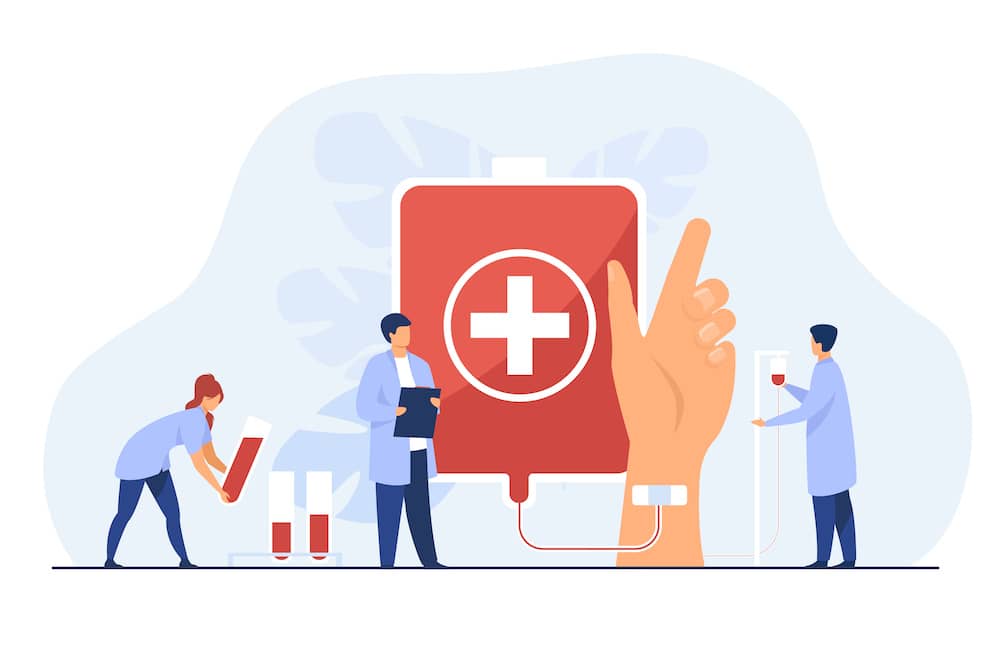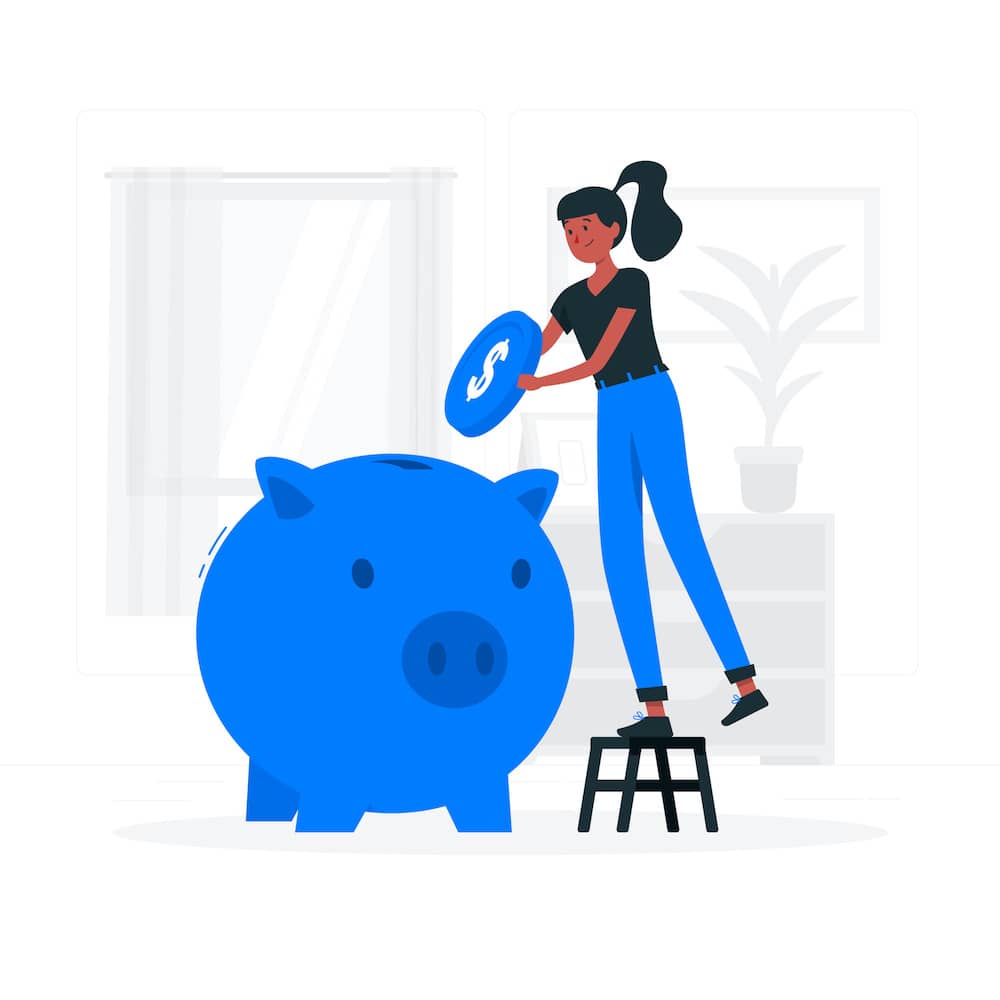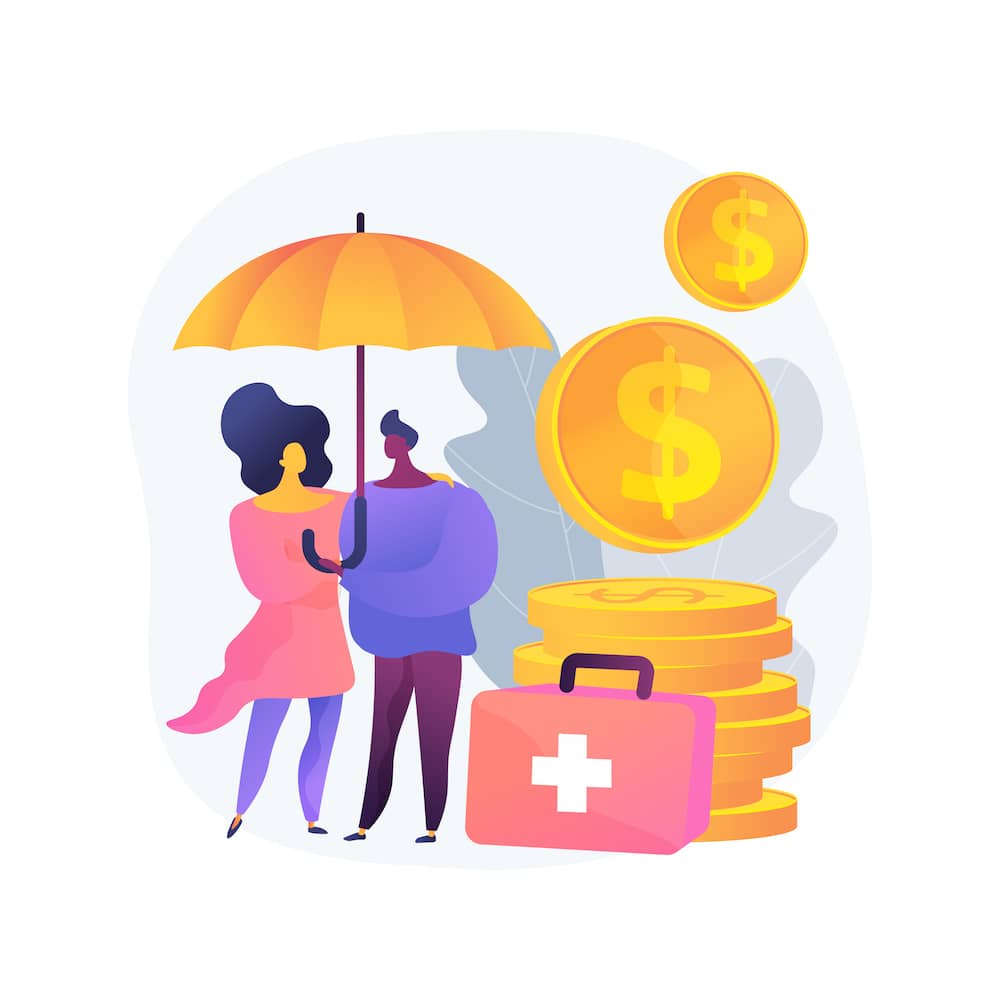One minute, you're having a great day; the next minute, you're settling unplanned medical bills—that's how unpredictable life is. Since you do not have 100% control over how things turn out, it makes sense to create a financial safety net for you and your family.
Building an emergency fund is a smart financial decision, especially in Canada. With emergency funds, you can cover unexpected expenses without getting instant loans or tap your lines of credit. In this article, we'll show you five ways to grow your emergency savings in only 90 days.
What Is an Emergency Fund, and Why Is It Important?
An emergency fund is money you've stashed away to help you through unforeseen circumstances like a job loss, a sudden leaking roof, or medical emergencies. Life is unpredictable and unexpected events can crop up and disrupt your plans at any time.
Think of emergency funds as a lifeboat helping you off a sinking ship or a parachute that saves you from a plane crash. It is also a great way to avoid getting loans in Canada until payday.
The point is, you need to consciously build up your emergency money so that when life throws anything at you, you will be ready.
An Emergency Fund Helps Protect You From a Job Loss
Getting laid off from work disrupts your career plans. While a job loss is a significant blow, having emergency funds will help you keep up with financial obligations while you figure out your next career move.
When you have enough money to cover essential expenses like your rent and groceries, you wouldn't be desperate for a new job. You can take all the time you need to find an organization that appreciates your skills and offers the right growth opportunity.

An Emergency Fund Can Help With Unexpected Medical Expenses
No one likes to think about medical emergencies, but they happen a lot. For example, you can slip while running down the stairs and suffer a dislocation or even a fracture. If this happens, you'll need emergency money to pay for your treatment.
You may be thinking—I have active medical insurance, so this doesn't concern me. Well, medical insurance doesn't mean you wouldn't have to pay unexpected medical bills. For one, your healthcare insurance hardly covers all treatments, so you still have to pay for some of them by yourself.
Although you can always apply for online installment loans, the maximum amount you can borrow is $1,500, which sometimes is not enough for serious bills.
An Emergency Fund Can Help With Unexpected Home or Car Repairs
You get into your car one morning, and it fails to start. While you can catch the next bus to your destination, you'll still need to fix the car, and this is where your emergency money stash comes in.
You can pay for auto and home repairs from your savings without having to apply for immediate emergency loans or charging large sums to your credit card.
5 Ways To Build Your Emergency Fund Quickly
1. Start a Budget and Set a Goal
First, you need to draw up a financial plan and set a clear goal of how much in emergency funds you want to have at the end of a fixed period, maybe a month. Then, build this figure into your budget. Your emergency savings' initial financial goal in the short-term can start from as little as $100.
2. Sell Items You Are No Longer Using
Look around your home; you will find some items that you no longer use or need—old toys, used chairs, or worn-out tools. Instead of leaving them lying all over the house, consider selling these items off. Add the money you get from the sales to your emergency savings.
3. Get a Second Job
If you feel up to it, get an extra job to fund your emergency savings account. You can also take on quick, one-time projects and earn extra cash using your skills. With the internet, you can land a side gig in no time and start earning.
4. Cut Unnecessary Living Expenses
If you want to build your emergency funds, you need to take a hard look at your budget and cut off unnecessary expenditure. This may mean cooking dinner instead of eating out or canceling unnecessary subscriptions and memberships.
5. Automate Your Savings
Always take out the money allocated to emergency funds from your paycheque first before making any other expenses. You can set your mobile savings application to automatically debit this amount as a recurring payment that is deductible every payday.
Where Should You Keep Your Emergency Fund?
Once you've made up your mind to build your emergency funds, you need to find a safe place to keep your money. You cannot keep your emergency savings in your bank account because you may end up spending it on other things. Also, the money should not be too accessible so you can avoid spending it unnecessarily.
Let's go over the three best places to keep your emergency fund.
In a High-Yield Savings Account
You can earn decent interest rates on your emergency money when you keep it in a high-interest savings account. Depending on the size of the account, you may get up to 0.8% annual percentage yield (APY) on your savings.
Apart from offering loans, online banks also allow you to open high-yield savings account from your smartphone. However, to withdraw your emergency funds, you need to transfer the money from the online savings account to another bank account.
In a Money Market Account
With a money market account, you get a debit card, chequing, plus reasonable interest on your emergency money. Traditional and online banks allow you to open a money market account once you pay in the minimum balance. You can easily withdraw funds from this account whenever you have an emergency.
In a Certificate of Deposit
Unlike the other options we've looked at, you only earn interest on a certificate of deposit after you have kept your money in the account for a fixed period. If you need to withdraw the funds before the set date, you may have to pay an early withdrawal penalty, especially if you do not have a CD ladder.

How Much Should I Save in My Emergency Fund?
The correct answer to this question is, "it depends." While there is no one-size-fits-all template for how much you should save in your emergency funds, different rules of thumb can help you make an informed decision.
Before you start saving for emergencies, financial experts advise you to consider many things like how much you earn, your monthly expenses, medical history, and health status. This section will go over three scenarios to help you decide how much you should set aside your emergency funds.
You should save about three months worth of expenses if:
You are healthy
Don't have much debt
Have a stable job
Have minimum expenses
Have other sources of finance
You should save about six months of expenses if:
It would be difficult to replace your job if you lost it.
You have children or family that rely on your income.
You are a homeowner.
You live in an expensive neighbourhood.
You have a medical condition.
You do not have a financial support network.
You should save about one year worth of expenses if:
You are the only income earner in your family.
You earn a high income.
You have a high-risk medical condition.
You are nearing retirement.
In all, you need to reflect on your realities and then set a reasonable emergency savings goal that you can achieve without putting too much pressure on yourself.
Summary
Financial emergencies will always happen, but you can have peace of mind knowing that you are well-prepared to handle them. While you work on building your emergency funds, you can take quick same-day loans if you need to settle a pressing issue.
Remember, it doesn't hurt to have extra cash to fall back to whenever you need it. So, set a realistic savings goal and start building up your emergency funds today.












